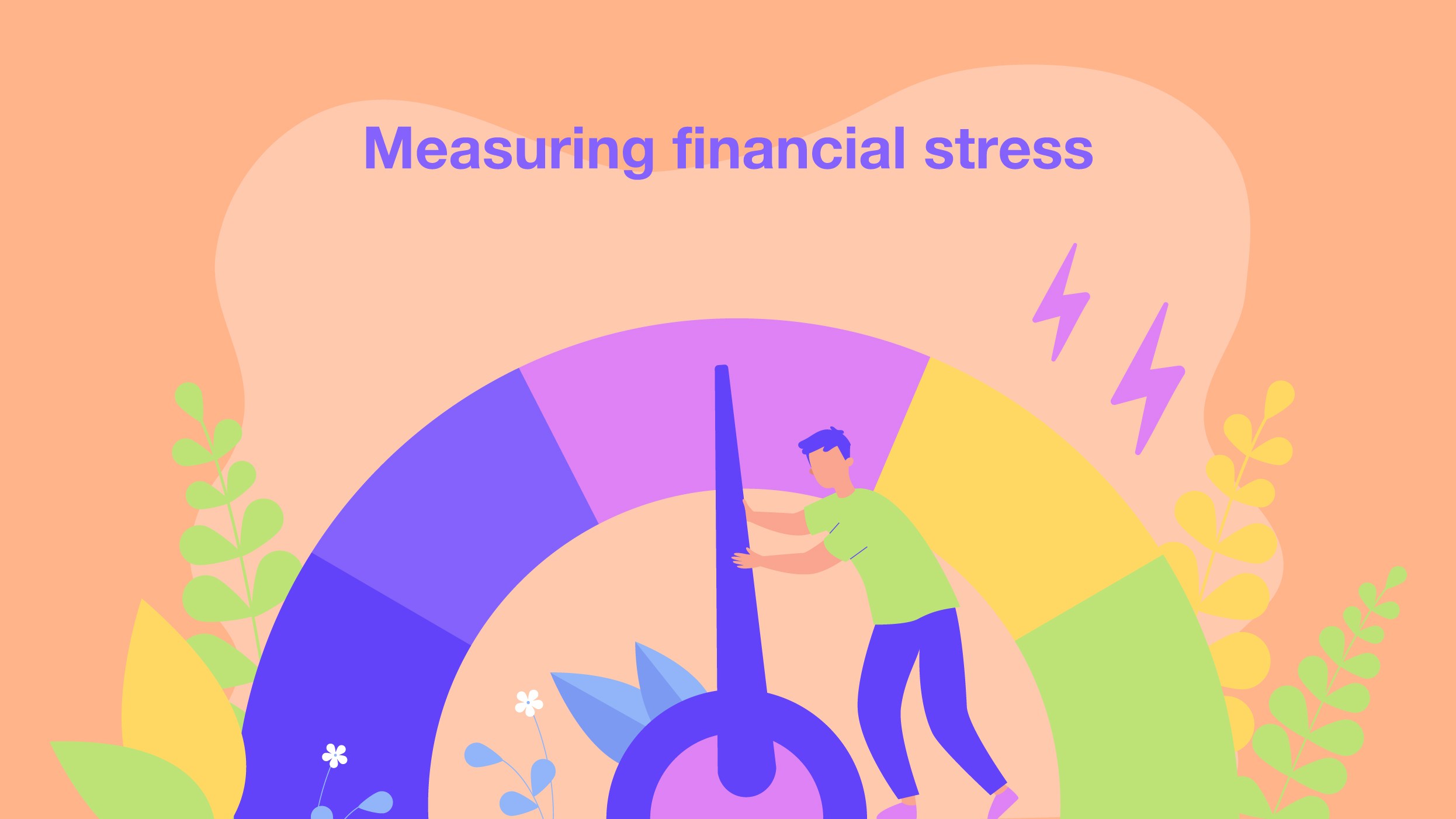Enjoying the New Year in Australia
The beginning of the New Year in Australia is a delightful period, however, as February approaches, we gradually return to our routines, facing the realities of the debts accumulated during the festive season. Here are our essential tips to tackle post holiday debt.
Post Holiday Debt: A Common Reality
From mid-November to mid-January, many of us rack up additional debts through Black Friday and Cyber Monday sales, Christmas shopping, and back-to-school expenses.
These debts often pile up on credit cards, store cards, and Buy Now Pay Later (BNPL) services like Afterpay. As the saying goes, “The piper always needs to be paid.”
The Impact of Holiday Debt
“The reality of holidays is over, kids go back to school, and credit card and BNPL statements have started to roll in, making us count the cost,” says Andrew Fleming, founder of Financial Mindfulness.
Accumulating debt can lead to significant financial stress, especially when it becomes a recurring pattern.
Is All Debt Bad
“While a limited amount of debt isn’t necessarily bad,” says Lea Clothier, a behavioral money coach, “an excessive amount can delay us from reaching our goals.” Not all debt is created equal.
Some debts, like those used to purchase income-generating assets, are better than consumer debt, which is often used for household items, clothing, and vacations.
Strategies for Managing Debt
A valuable investment is paying off the interest on your debt. Repaying debt frees up cash flow and provides a return higher than other investments. Problems arise when multiple debts accumulate, and warning signs are ignored.
Clothier likens debt to weight gain: manageable if addressed early, but much harder to tackle once it has become significant.
Recognizing the Signs of Debt Problems
Ignoring debt can lead to acute or chronic financial stress. It’s crucial to face your debt situation head-on to prevent a crisis. Here are signs that debt might be a problem:
- Avoiding looking at debts (not opening bills or reminder emails).
- Not knowing how much you owe.
- Struggling to make ends meet.
- Using debt to pay off other debt.
- Regularly incurring late fees.
- Hiding debt levels from loved ones.
- Losing sleep or feeling stressed about debt.
- Feeling stuck on a treadmill of repayments.
- Continuously taking on more debt without managing existing debt.
- Having a reputation among family and friends for owing money.
Steps to Face Your Debt Reality
- List All Debts: Write down everything you owe, including amounts, repayments, interest rates, and payment schedules.
- Create a Budget: Allocate your income to living costs and debt repayments. Prioritize paying off debt and review your spending habits.
- Identify Causes: Determine if regular but non-essential spending contributed to your debt. Make changes to your shopping and spending habits.
- Explore Solutions: Cut back on non-essentials, redirect money towards debt repayment, sell unwanted items, or consolidate higher-interest debt to lower-interest alternatives.
- Communicate: Speak with creditors to arrange manageable repayment plans.
Changing Your Mindset Around Debt
Let go of shame and guilt associated with debt. Forgiving yourself and taking positive actions can build confidence.
Honest conversations with creditors are crucial. The Financial Mindfulness app offers tips on managing debt and paying bills effectively.
Two Approaches to Confronting Debt
Logical Approach: Pay off the debt with the highest interest rate first, as it costs more to repay.
Heart Approach: Pay off the smallest debt first to achieve quick wins and free up cash flow for larger debts.
Both strategies are effective, and the key is to stop ignoring debt and start addressing it.
By adopting these strategies and changing your mindset, you can navigate post holiday debt and start the New Year with a fresh financial perspective.









